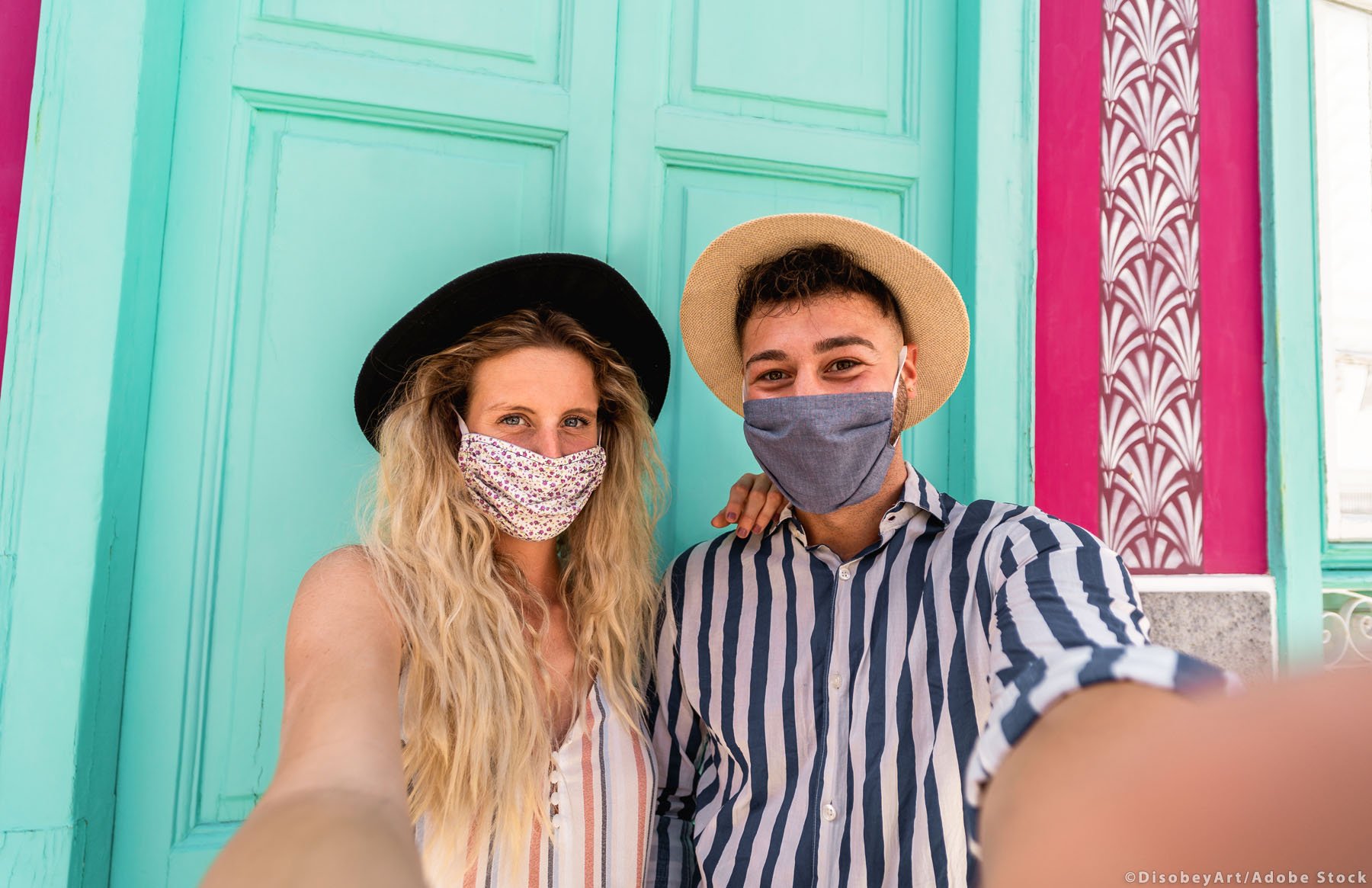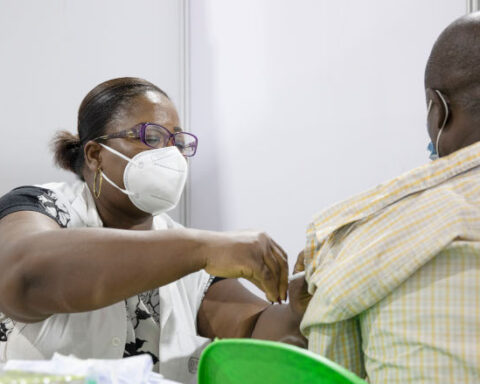While people need to take precautions and follow health and safety instructions from national authorities, the European Commission has come up with guidelines and recommendations to help you to travel safely.
Discover the latest updates on travel conditions and safety measures in the EU on the website re-open.eu 10 Commission recommendations for travelling safely in coronavirus times
- Book tickets and check-in online to avoid queues, when possible
- Respect social distancing during luggage drop-off, security checks, boarding and baggage claim
- Fewer passengers may be allowed on board and you might be asked to sit at a distance from passengers who are not part of your household.
- When social distancing is difficult to ensure, you might be asked to wear face masks
- Food, beverages and other goods may not be available on board
- Transport companies may install protective barriers, for example between passengers and a coach driver. You may be asked to board through the back door
- Drivers should open doors automatically at every stop, so passengers don’t have to touch buttons or handles
- Stations, ports and airports should guarantee regular cleaning and disinfection and provide sanitising/disinfecting products, including on board
- There should be appropriate ventilation on all transport
- Passengers can choose between refund or rerouting for cancelled tickets. If the transport company offers a voucher, you still have the right to ask for a refund
Parliament has been insisting since March on a strong and coordinated EU action to overcome the crisis in the tourism sector.
On 19 June, Parliament adopted a resolution on transport and tourism in 2020 asking for more measures to support small and medium-sized enterprises. MEPs see the crisis as an opportunity to make tourism in the EU more sustainable.
In a resolution adopted on 17 September, Parliament called on EU countries to harmonise Covid-19 health assessments and measures, which would make it easier and safer to travel.
Is it safe to stay in hotels?
Guests in hotels and other types of accommodation should respect social distancing when in common areas, as well as infection prevention and control measures such as coughing or sneezing into a paper tissue or bent elbow, hand hygiene and face masks.
Tourism facilities should provide guests with clear information and guidance prior to arrival and should have an action plan in place in case of infection in the establishment. They should also ensure regular cleaning and disinfection of frequently touched surfaces and good ventilation systems. Hotel staff should be trained in basic infection prevention and control.





